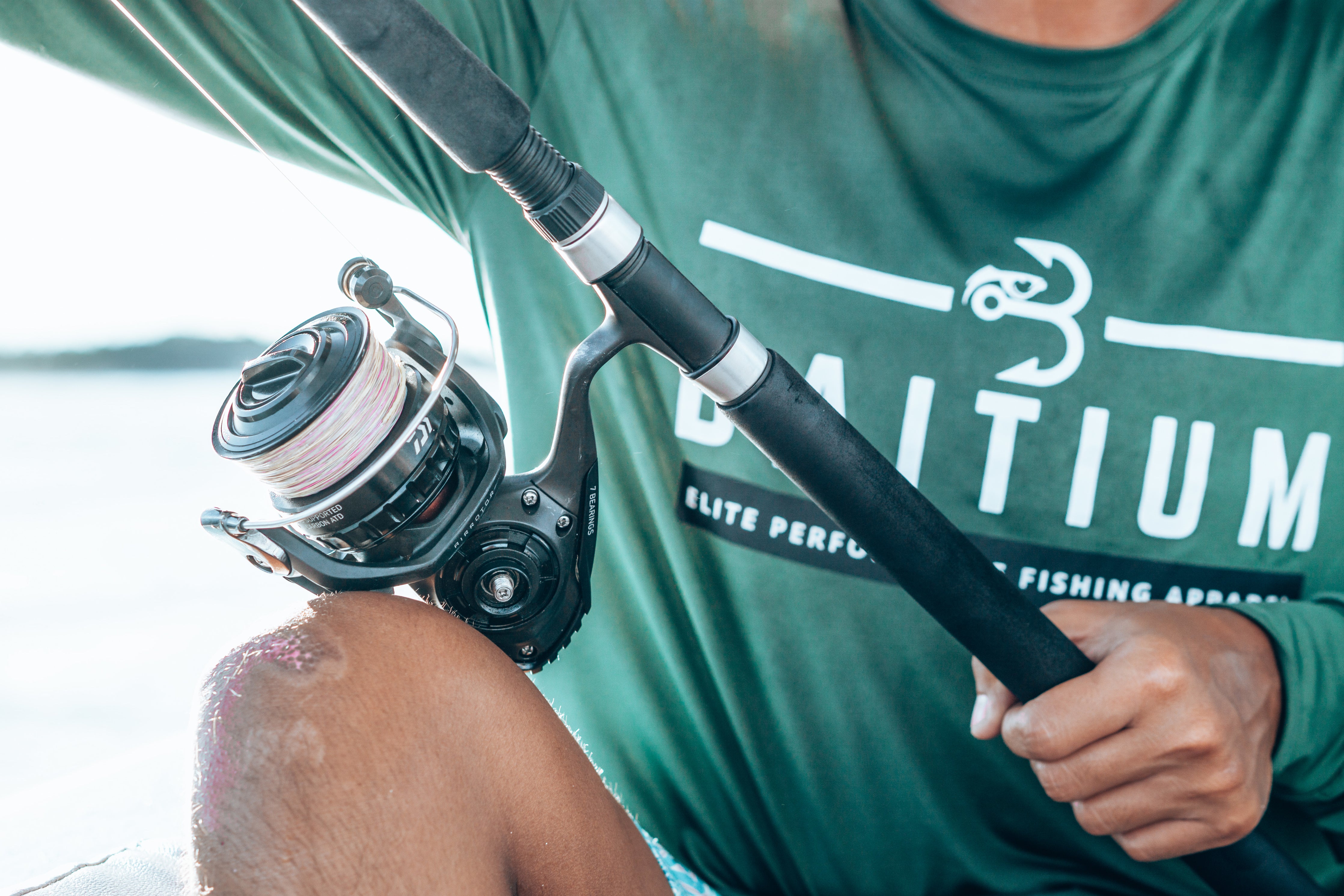Key takeaways
- Winter fishing offers solitude and more catches, with live bait being more effective due to fish's slowed metabolism in the cold.
- Gear up properly with insulated, waterproof boots and gloves, avoiding cotton, to ensure comfort and safety while fishing in the cold.
- Utilize online tools to find the right time and spots for winter fishing, and aim for sunny areas where fish group up for warmth.
Serious anglers need to know how to fish in any season—even during winter, when temperatures drop and most fishermen prefer to stay home. You practically end up having fishing spots to yourself, resulting in more catches. But different weather means different game, and there are things you need to know when trying to fish in the cold.
Table of Contents
Live bait over lures, but…
The cold lowers fishes’ metabolism, causing them to move less and slower than when it’s warm. This is exactly why live bait would work better during winter, as lures tend to move much faster in the water, potentially scaring away fish during the season. Worms, minnows, and shads are some great examples.
But if you want to stick with lures anyway, do your best to have them mimic live bait by choosing ones with hair or feathers. If you’re going for the bigger fishes, go for around 3-4 inches, but if you want quantity, 2-3 would do. Even with lure colors, you want to stick to those that look more natural and could blend in with the winter environment. Bright and shiny ones would be ideal.
Dress, plan, and gear up for the occasion
We naturally wouldn’t dress during winter the way we do during any other season, so staying warm while fishing is top priority. Can’t reach maximum performance while freezing, after all.
Wear insulated and waterproof boots and gloves to keep warm. While you’re at it, see if you can find a fingerless pair of gloves for better movement. Thick socks and a hat would help keep you warm, too, on top of a good old coat that can ward off the cold. The rule of thumb is to avoid cotton and opt for synthetic fabrics or wool.
Beyond comfortability, safety is important to winter fishing as well. The U.S. Coast Guard has previously warned that the months with the most boating fatalities are January and February, and we don’t want to add to those statistics. The best solution is to simply not fish alone, but if no fishing buddy is willing to come, at least leave a float plan with them in case of emergencies.
Lastly, the cold could freeze your line and prevent it from moving properly, so a line conditioner that keeps it straight and tangle-free would be a good addition to your tackle box.
Know the right time and place
No, you don’t need to be some sort of weather guru to know these things, as tools in websites such as Ultimatebass.com and the Department of Natural Resources already offer information on the best fishing spots during winter. This includes what fish are present in certain areas and what exact times of the year you can catch the most or best fish.
A good rule of thumb, though, is to steer clear of waters with high currents; not only are they bad for fishing, they can also be quite dangerous for anglers. Try to look for areas with more sun as well, as fish naturally group up around warmer spots. Another weird tip you can go for is to look for where birds dive—that indicates presence of fish in certain areas.
Similarly, fish while the the sun’s out, between 10 A.M. and 4 P.M., to get some bites.
Fishing during the winter season is a daring, but rewarding pursuit. Just make sure to keep these tips in mind and you’ll be good to go!
If you're a fan of ice fishing, don't miss our post Ice Fishing: Gear, Rig, Techniques, and Safety!
MOST READ NEWS:
How To Use Your Fishing Records to Catch More Fish
Track your fishing trips, analyze patterns, and refine your techniques with a fishing log to catch more fish on every outing!
Solo Fishing Safety Tips: Stay Safe and Enjoy the Outdoors
Learn essential solo fishing safety tips: gear checklist, boat safety, emergency preparedness, weather monitoring & fishing location scouting. Stay safe on the water.
Secrets to Winter Fly Fishing Success
Master winter fly fishing with expert tips on trout behavior, essential gear, and proven techniques. Learn the secrets to catching more fish in cold weather.
How Cold Water Changes Fish Behavior: Insights for Anglers
Explore how cold water affects fish behavior and fishing techniques, enhancing your angling success and strategy.
Is Tech Making Fishing Too Easy? Exploring Forward-Facing Sonar (FFS)
Learn about forward facing sonar in fishing - what it is, how it works, rules for tournaments, ethics, and tips for finding fish with this game-changing technology.
Plan Your Best Fishing Trip Yet this 2025: A Complete Guide
Plan your fishing trip this off-season. Learn to choose destinations, prep gear, pick bait, and trust Baitium for expert tools and tips!
15 Fishing Resolutions for 2025: Set Yourself Up for Success
Discover 15 essential fishing resolutions for 2025: tackle organization, gear maintenance, angling techniques, conservation tips, tournament prep, and fishing safety guidelines.


